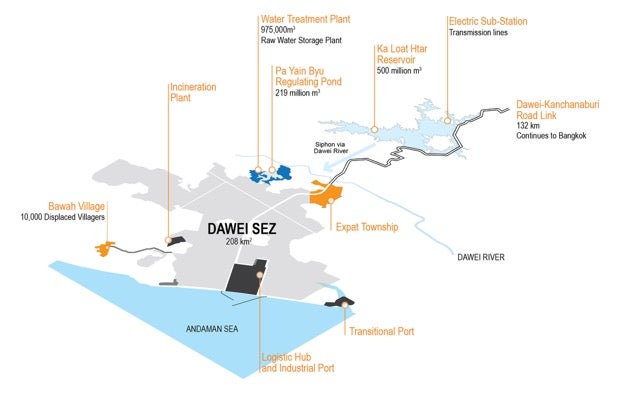Extended Landscapes of Zones: Spaces of Extraction and Infrastructure in Asia
EDITORS
Dorothy Tang

The zone has historically been an important spatial and policy instrument for economic development in Asia. Most zone literature are concerned with processes and spaces within the zone. This proposal examines the extended landscapes of zones—its functional surrounds or hinterlands—that are simultaneously transformed with the zone. An infrastructural approach grounds the research in the physical and material realities of the landscape while attending to the politics, economics, and social impacts of the zones. I avoid the common tendency of viewing zones as enclaves, but an integral component in economic development and urban change.
By focusing on the supply chain of electric vehicles in Thailand and Indonesia, the industrial zone is understood as a spatial typology to study the interplay between economic development, infrastructure, and space. This is accomplished through tracing the genealogy of the SEZs as a model policy space, and mapping the spatial practices—including settlement patterns, infrastructure, and environmental change—inside and outside of these zones.